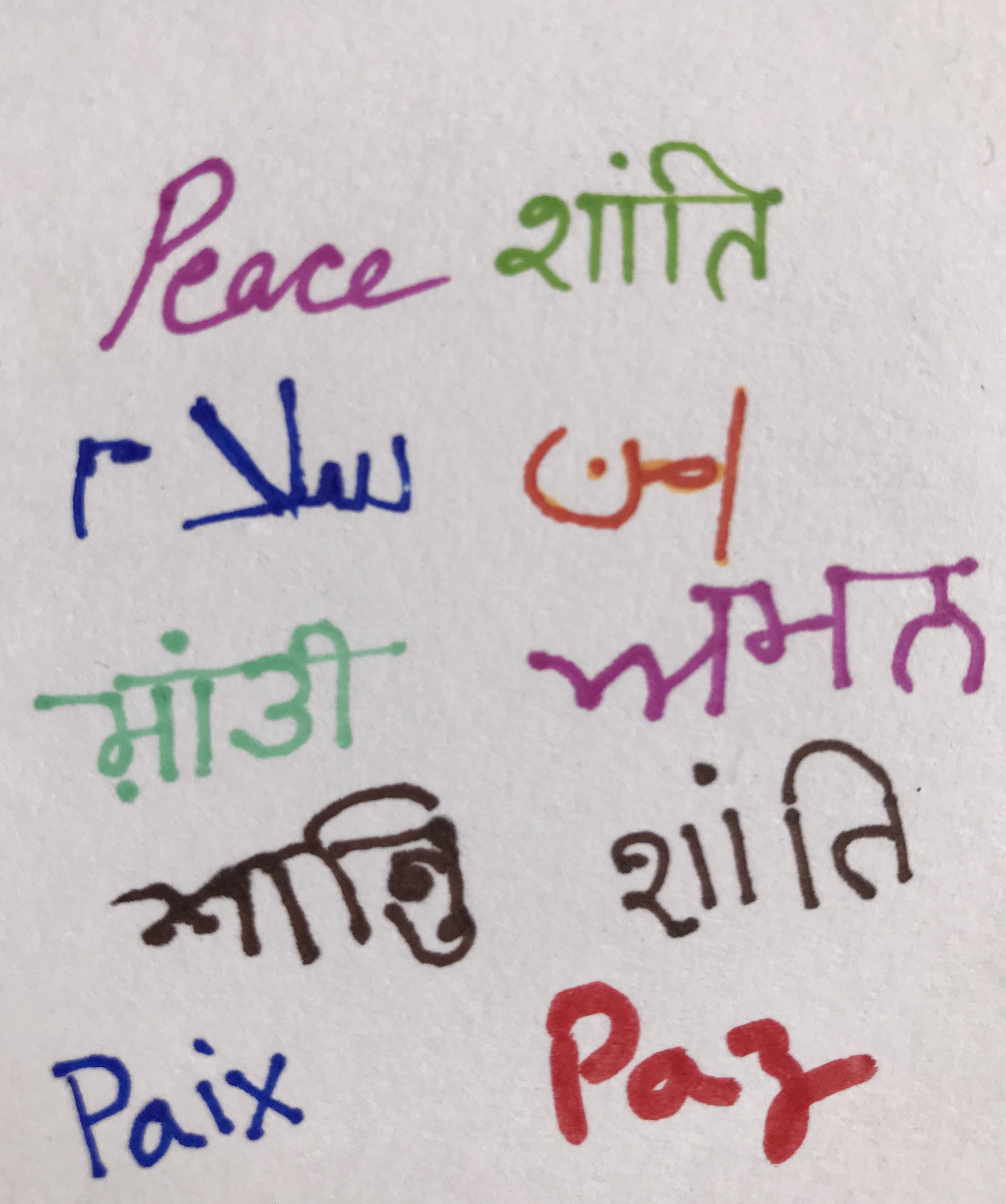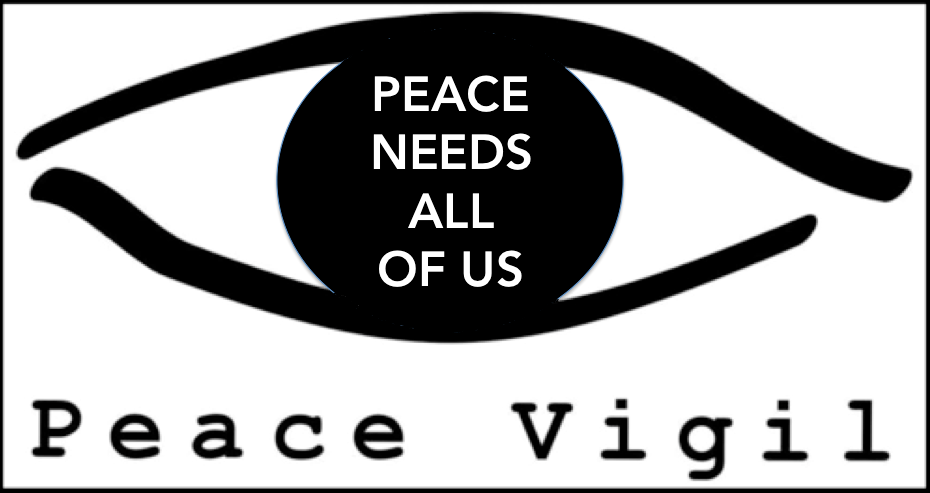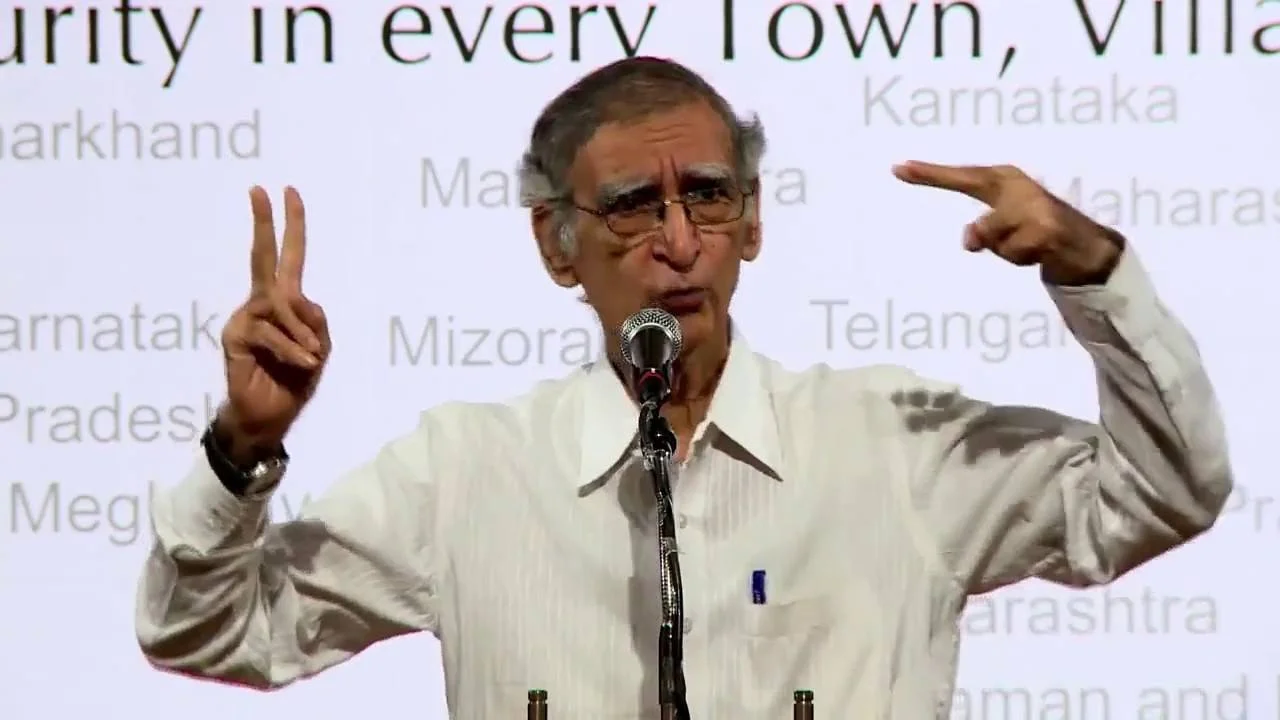Decolonisation and Homophobia
A version of this post first appeared in The Daily Maverick.
In the wake of Tanzania’s announced crackdown on LGBT+ people, the homophobes are coming out of the woodwork. From Twitter to talk radio, there seems to be a refrain from a small, but not insignificant percentage of the population. Being gay is not African, we are told. Neither are human rights, for that matter.
If Tanzania, Nigeria, or Uganda want to crack down on queer folks, that is their business. The subtext of that argument is an anti-colonial one. The world — and specifically European colonisers — has been telling these countries what to do for too long.
That last point is of course true. But if Africa is angry at Europe (and it should be), why take it out on its own people? Furthermore, why do so using laws and regulations that were first introduced by Europeans?
The conflation of homophobia with decolonisation is problematic for a variety of reasons. One reason is that the standard method of defending LGBT+ communities — an appeal to the human rights framework that came out of World War II — is itself susceptible to allegations of being a colonial construct.
The typical reaction at this point in the debate is to launch into a staunch defence of the human rights framework while the “anti-colonial” homophobe rolls his or her eyes. But I suggest we start making a different argument: Homophobia is not and can never be compatible with decolonisation.
How would we articulate such an argument? First by an appeal to history. The law in Tanzania criminalising gay sex dates back to 1945 when Tanzania was still very much a British colony. Tanzania is not the exception — nearly all sub-Saharan countries that still criminalise gay sex were once British colonies and inherited their anti-gay legislation from the British. So just as a matter of history, homophobic laws came from colonial administrations. One can even dig deeper and find the origins of this particular form of homophobia in Protestant, missionary Christianity — a religion that was imposed on Africans by colonists from northern Europe.
But the second argument is perhaps the more important one. What exactly do we mean by decolonisation?
There is one school of thought that thinks that decolonisation is about reifying structures and institutions that existed prior to the colonial period. But decolonisation is not pre-colonisation. Time only moves in one direction. And the structures that proponents of this approach seek to strengthen — say, tribal councils or kingdoms — are nearly always tainted by their association with colonialism. In many cases tribal leaders were appointed by colonial governments — indeed, some scholars believe that tribal governments in their current form are effectively creations of the colonial state.
Romanticising a mythical past is not decolonisation. Instead, decolonisation involves asking two very specific questions:
a) How did the colonial project damage our societies? and,
b) How can we undo that damage?
Defining decolonisation can be tricky in part because there is no one prototype decolonised culture. But these two questions have very clear answers. Colonisation took many forms, but at its core it was about stealing natural resources — cotton, opium, sugar cane, diamonds, rubber, tea and so on. In order to be effective thieves, colonial administrators relied on policies of competition — a divide-and-rule policy was the only way a relatively small European population could ensure that the majority co-operated with the colonial project.
If we understand that colonisation is about dividing people in order to facilitate theft, the principles that should animate the decolonisation project become clear. Strengthen the bonds of co-operation between individuals and communities in order to stop theft and safeguard our collective resources.
There’s a lot to be said about what safeguarding collective resources might mean, but for the moment let’s focus on on co-operation. If the decolonial project is about bringing people together regardless of which community they might belong to, where does homophobia fit in? Is it a colonial or an anti-colonial prejudice?
Pointing fingers may be human nature, but dividing people based on identity is a colonial strategy. It is deeply political and counterproductive. Instead of turning on one another based on outdated legal frameworks and our own prejudices, we must overcome those prejudices to build a future that undoes the damage done by five centuries of colonial exploitation.
Returning to the issue of sexuality, it is simply not the case that queer people miraculously appeared in Africa at the same time as colonialists were wiping out huge numbers of Africans.
Academics who have looked into the question have found evidence of queer sex depicted in art work in Egyptian pyramids dating back to the 25th century BCE and in cave art that dates back even further and is associated with Khoisan populations that still inhabit parts of southern Africa. The idea that queer folks are not African has no basis in history.
So the next time you hear someone arguing that their decolonisation justifies their homophobia, please explain to them that they understand neither. This new wave of homophobia must be denounced for what it is — a continuation of a colonial divide-and-rule policy.




